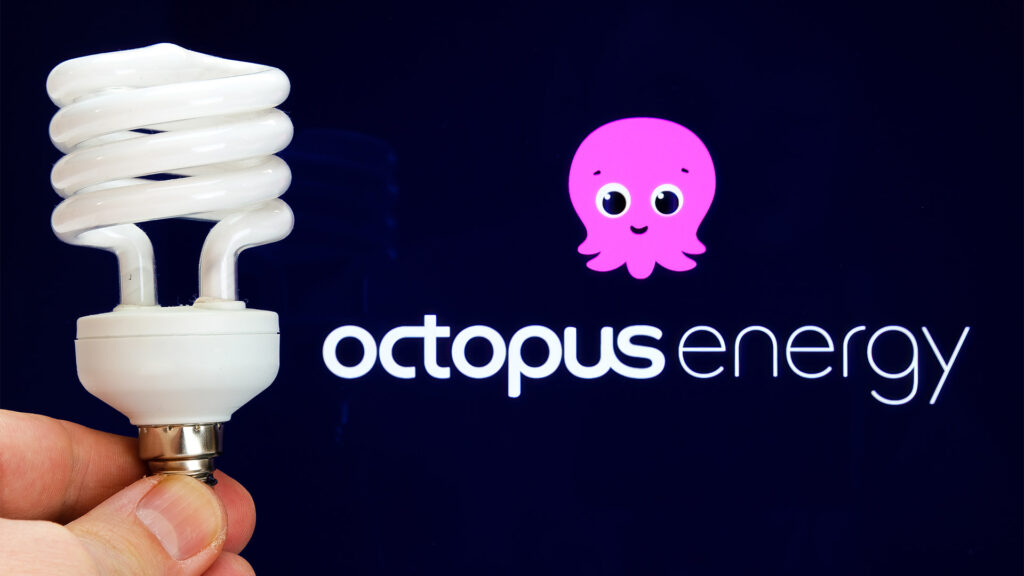Origin Energy’s (ASX:ORG) best investment isn’t in Australia – it’s the 23% stake in Britain’s Octopus Energy, which is going from strength to strength. In fact, Octopus has just become Britain’s largest domestic electricity supplier by customer numbers, after the company added 1.3 million accounts following its takeover of Shell Energy late last year. The performance was a standout bright spot for Origin in its March quarterly report out Tuesday.
Octopus Energy, which is eight years old, has overtaken Centrica’s British Gas, which had been the largest electricity supplier for almost the past twenty years, according to data from British regulator Ofgem. At the end of 2023, Octopus Energy had a 22% share of the electricity market compared with British Gas at 20.3% and E.ON with 16.8%.
Shell last year sold its home energy business in the UK and Germany to Britain’s Octopus Energy Group as part of a deal in which the two companies explore a partnership on EV charging. British Gas remains the largest domestic gas supplier with a 27.8% market share followed by Octopus at 22.2%, Ofgem said.
Last December, Origin Energy boosted its stake in Octopus to 23% with the investment of another £280 million ($A530 million). The investment, along with money from other partners in the rapidly growing business, saw Octopus’s valuation rise to £6.2 billion (around $A12 billion). Origin Energy’s stake is now worth more than $A2.7 billion. The Octopus investment was one of the reasons why the company was supported by AustralianSuper in fighting off the takeover bid from Canada’s Brookfield and a US investor.
Overall, Octopus is now the second largest energy retailer in the UK. In addition to the customers from the Shell deal, it added an extra 400,000 customers through its own marketing efforts.
Origin said on Tuesday that it completed the Octopus investment on April 11. Origin’s March quarter in Australia’s domestic power business was a case of swings and roundabouts – it reported lower domestic gas sales in the quarter, but gas sales to the power sector rose because of the warmer weather and higher renewable energy production by households.
“Retail electricity sales volumes were steady compared with the March 2023 quarter, with increased demand from warmer weather and higher customer numbers offset by lower household usage due to solar uptake and energy efficiency,” Origin said. Gas sales volumes fell 14% compared with the March 2023 quarter, “as warmer weather contributed to a reduction in retail volumes and business volumes also declined, reflecting lower short term trading sales and net customer losses.”
Gas used for power generation rose 34 per cent compared with the March 2023 quarter to support increased electricity demand due to warmer weather. In LNG, Origin said that Australia Pacific LNG revenue for the March quarter was 7% higher than the prior quarter, at $A2553 billion with both higher volumes and prices. Revenue for FY2024 to date is down 16% than the corresponding 2022-23 financial year period, “primarily due to lower realised oil prices and lower short-term domestic contract prices.”
March quarter production was 5% higher than the prior quarter, “which was impacted by the unplanned turndown in production related to an LNG vessel that lost power at the Curtis Island facility (in central Queensland) in November 2023.” Production for the first 9 months of 2023-24 was 4% higher compared with the same period in FY2023, “driven by increased wells online and effective well and field optimisation activity, partially offset by the unplanned production turndown last November.”

